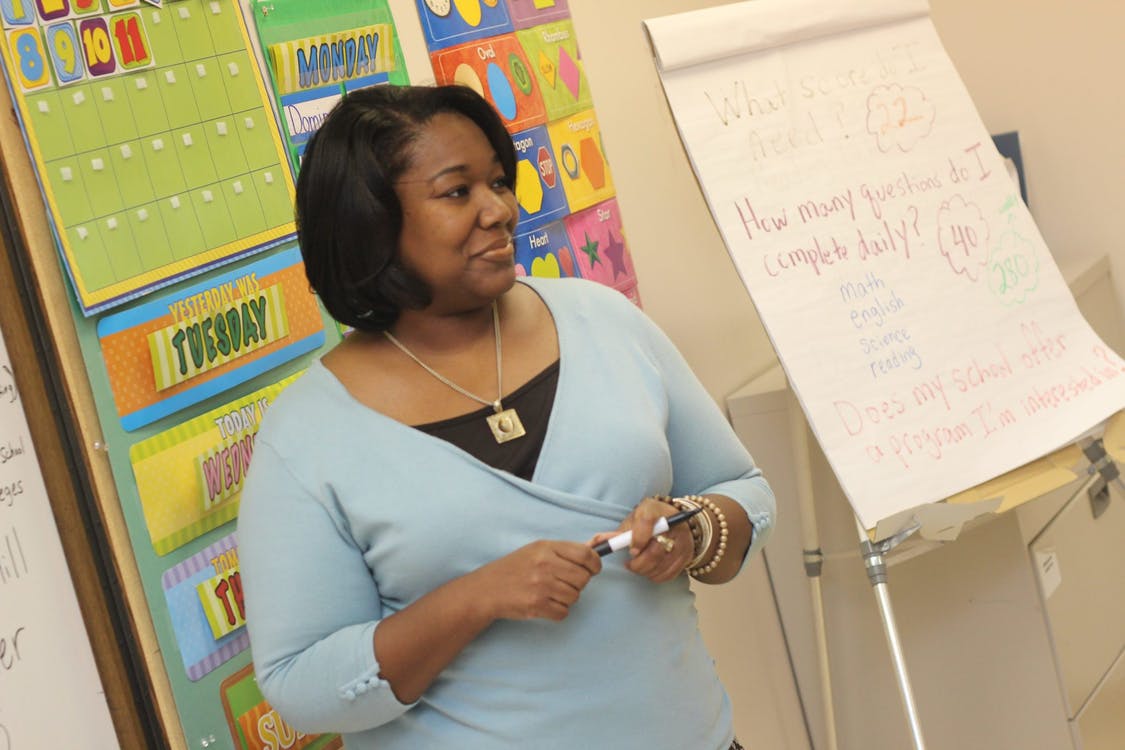
Educators are an asset to society. They can reshape it for the better as they mold the character, skills, and confidence of society’s future generation. They expose children, teens, and young professionals to the blessing of knowledge and education. Moreover, they push them to their full potential, hone their creativity, and instill discipline in them to actively contribute to their country and the world.
It is a demanding and challenging line of work, and teachers often struggle to perform to the best of their capabilities. They are expected to be patient, humble, and dedicated, often with a smaller paycheck.
In this article, we have listed six tips for becoming a good educator. You can adhere to them to effectively influence the individuals around you.
Keep on learning and expanding in your field
It is not just the students who are always on the verge of learning. Educators also have to upgrade themselves with new information pertaining to their fields. Different disciplines expand now and then as new info research, facts, and terminologies get added to them. To be at the top of your game, update yourself with those. You can attend workshops, read relevant books and magazines and take courses online. In addition to your discipline, you can opt for a master’s in education to unlock your full potential as an educator or administrator in schools and colleges.
You can also brush up on your teaching skills and learn new classroom strategies. For instance, introduce technology in the classroom. Such measures will aid you in achieving your teaching targets more effectively.
Keep the passion alive
Teaching is a daunting profession. Even if you had always aspired to pursue a career as an educator, the round-the-clock schedules, workload, and large chunk of responsibilities are most likely to wear you out. Consequently, you get overwhelmed and begin losing the passion you once shared for your profession. Feelings of reward and excitement also evaporate once you get into a routine and have to repeat the same topics to different batches over and over. It is an alarming development for the educator as it may make them dispirited about their subject. That lost passion then takes a toll on the quality of education you impart.
You can revoke the passion by adopting various engaging teaching practices, such as multimedia presentations. Shuffle the curriculum from time to time as well. Moreover, start assigning creative projects. These techniques will allow you to teach a topic in a novel manner and make grading less burdensome and more incentivized.
Organize your time well
Time management is integral to a career in education. Educators have a lot on their plate, from preparing lessons in advance and executing them to checking coursework and assessments. If you don’t manage your time well, you will eventually become overwhelmed, which will deteriorate the quality of your service. Moreover, your work-life balance may also get disrupted.
You can take a couple of measures to manage your time efficiently. Make your course layout before the commencement of a session. Carefully consider the topics and assignments you wish to teach and hand over. Don’t forget to set time aside to recharge, especially during intensive work periods, such as examinations. Maintain a diary or lists to break down tasks and make them more manageable.
Encourage collaboration and teamwork
It is a useful measure for instilling discipline and character in your students. Collaborative activities will boost self-esteem, enhance confidence, and allow students to learn from each other and operate as a team. Moreover, by doing so, you will be preparing your students for the practical world awaiting them. Furthermore, the classroom will become more inclusive and cordial.
Start assigning projects in pairs and groups. Have peer-to-peer review sessions frequently. Here are some more examples of collaborative learning that you can incorporate into the classroom.
Be approachable to your students
Students in your class may struggle with several things, such as the lessons, bullying, or a lack of confidence during class participation. They may also encounter learning difficulties and require extra attention. If ignored, these issues may escalate and pose long-term threats to their mental health and academics. If you are easily accessible to them, they will reach out to you regarding any issue troubling them, be it personal or class-related. This measure is vital for their success as a student.
You can become approachable by maintaining a friendly demeanor during classes, so they don’t hesitate to reach out to you. You can ask them to see you after class if they wish to discuss anything with you. Share your office hours or a professional medium to connect with you, such as your email address.
Bring out the creativity in the classroom
Adopt creative teaching practices in the classroom. Go for presentations, class projects, and relevant movies and documentaries instead of the traditional methods.
You can ask some open-ended questions at the end of a lesson for the students to research for the upcoming class. Hold in-class debates to teach the pros and cons of a given topic. Moreover, take your students on occasional field trips related to your lecture.
Such measures will garner their interest in the lesson and the classroom. They will make receiving and imparting education a less stressful and more fascinating experience. Furthermore, such practical and creative teaching strategies will promote a love for learning, encourage class participation and improve the students’ academic performance.
Conclusion
An educator is tasked with the crucial responsibility of gearing up the nation’s future generation. Their contribution to constructing a country’s morals, economy, and future is indispensable. They are often labeled as nation builders as a consequence. This article has included tips for educators to excel further in their forte and bring a tangible, long-lasting impact on their students and society. Use them to your advantage.

Leave a Reply